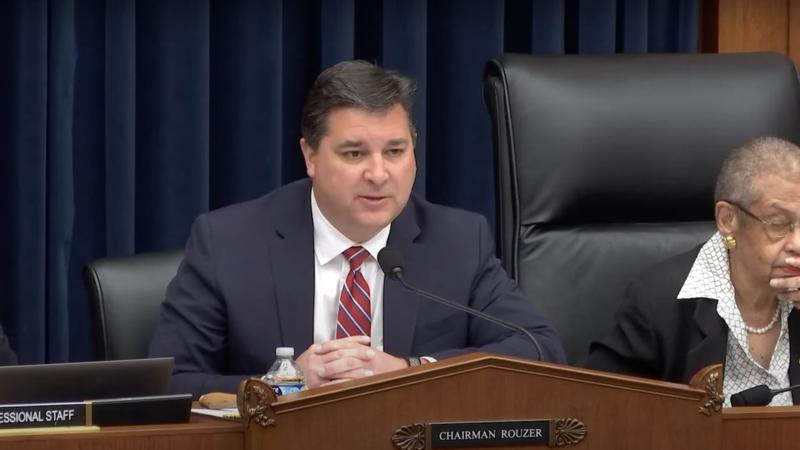For an industry critical to 8 in 10 communities nationwide, saying the surface transportation reauthorization bill in the 119th Congress is under the radar would seem a stretch.
Yet, North Carolina Republican Rep. David Rouzer thinks it just may well be. And it certainly should not, he contends.
The highway bill, as it will be colloquially known, is crucial to the trucking industry to grow and retain its workforce; ensure seamless compliance with federal, state and local rules and regulations; and address rising costs associated with moving goods from point A to point B for both small and large operators.
“We have an opportunity in our surface bill to address such challenges in a smart and targeted manner while strengthening local communities and our economy,” Rouzer said during a hearing of the Highways and Transit Subcommittee of the U.S. House of Representatives’ Transportation and Infrastructure Committee.
“Eighty percent of communities across the country depend solely on trucks to receive their goods,” Rouzer said. “More than likely, every member of this subcommittee represents a community that exclusively relies on trucking to stock their supermarket shelves, transport critical medicines to local pharmacies, and ensure retail stores have merchandise.”
Rouzer said in his native North Carolina, 85.6% of communities are dependent on a trucking industry which also supplies 1 in 15 jobs statewide. Testimony in the hearing confirmed the challenges ahead.
“As we work on the transportation bill,” Rouzer said, “we’ll look for ways to support truckers, improve disaster response, and boost local economies.”
Rouzer, in an op-ed, said many bridges, roads and highways need repair or replacement. He said the issue isn’t just infrastructure; rather, it is “protecting the millions of Americans who rely on these essential connections every single day.”
“The bottom line is that truckers deliver essential goods when disaster strikes and serve as a key partner in larger emergency coordination and relief efforts,” Rouzer said at the hearing. “Despite the importance of trucking to our communities, and the supply chain at large, challenges continue to plague the trucking industry and the men and women behind the wheel.”







